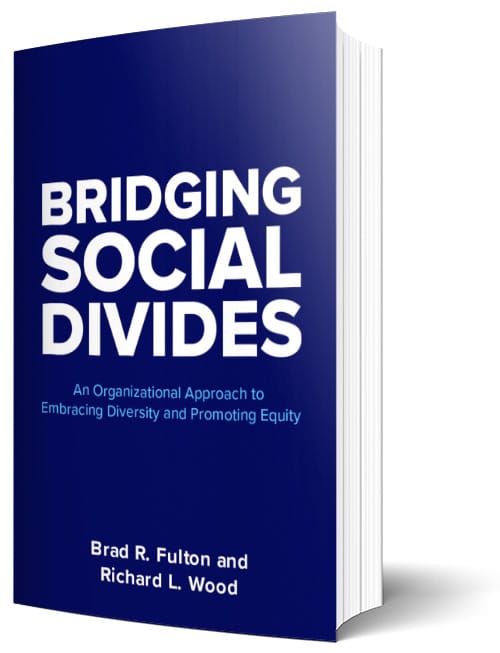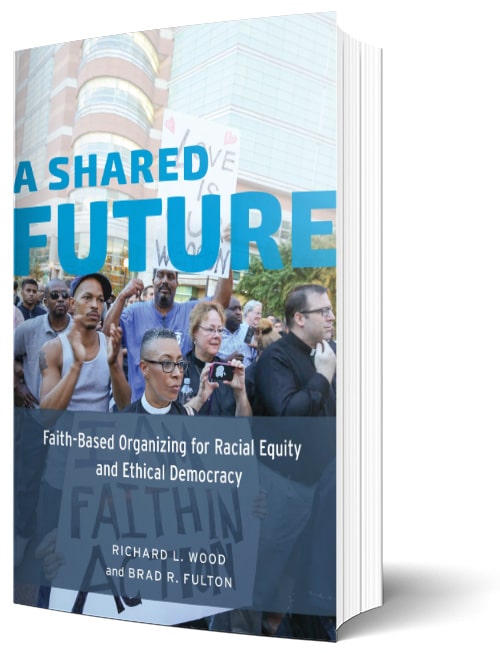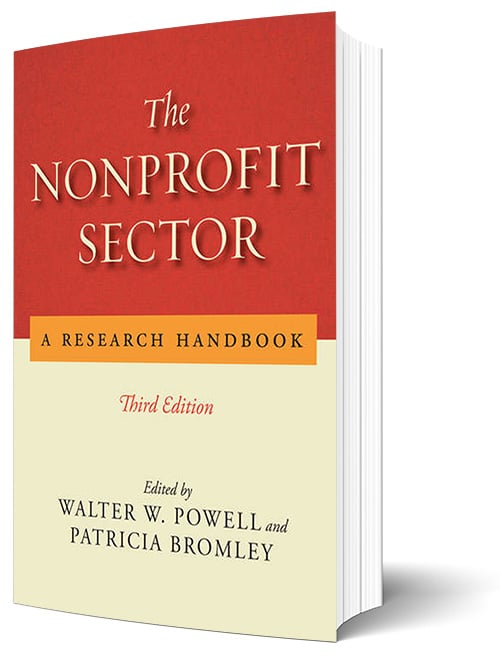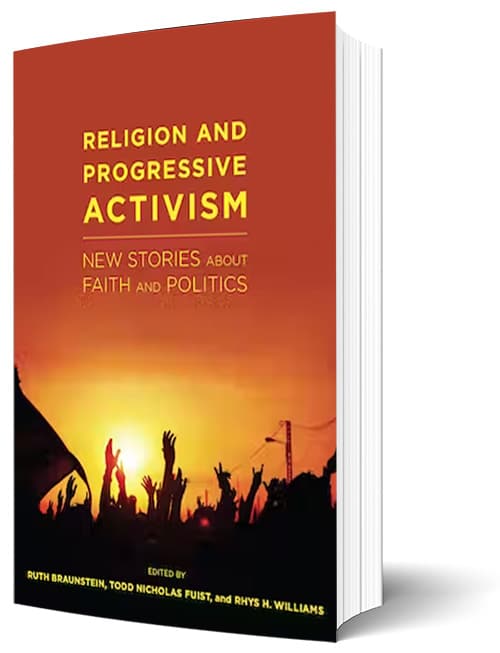
An Organizational Approach to Embracing Diversity and Promoting Equity
U.S. society is fragmenting across multiple social dimensions, splintering into various groups, with people becoming more isolated and alienated. Our fractured society and the erosion of a shared identity make it difficult for communities to work together to advance the collective good. Bridging across social divides is needed to mend relationships and restore dialogue across lines of difference, not necessarily to bring about agreement, but rather to foster healthy deliberation, cultivate a collective understanding, and chart a path forward toward a flourishing pluralistic future. Solutions are needed to help communities span these social fissures, strengthen our social fabric, and address shared concerns. While individual-level efforts to form relationships across social differences are valuable, they are insufficient. Such efforts will never reach the scale necessary to achieve society-level change. In Bridging Social Divides, Brad R. Fulton and Richard L. Wood present a scalable approach that works through coalitions of community organizations to bring together diverse communities, strengthen ties between those communities, and work together to advance equity and promote individual and social flourishing.

Faith-Based Organizing for Racial Equity and Ethical Democracy
Faith-based community organizers have spent decades working for greater equality in American society, and more recently have become significant players in shaping health care, finance, and immigration reform at the highest levels of government.
In A Shared Future, Richard L. Wood and Brad R. Fulton draw on a new national study of community organizing coalitions and in-depth interviews of key leaders in this field to show how faith-based organizing is creatively navigating the competing aspirations of America’s universalist and multiculturalist democratic ideals, even as it confronts three demons bedeviling American politics: economic inequality, federal policy paralysis, and racial inequity. With a broad view of the entire field and a distinct empirical focus on the PICO National Network, Wood and Fulton’s analysis illuminates the tensions, struggles, and deep rewards that come with pursuing racial equity within a social change organization and in society. Ultimately, A Shared Future offers a vision for how we might build a future that embodies the ethical democracy of the best American dreams.
An interview of the authors on the subject of faith leaders organizing for justice (Peace Talks Radio, copyright Good Radio Shows, Inc.) can be heard at this link: https://beta.prx.org/stories/190030

A Research Handbook, Third Edition
The nonprofit sector has changed in fundamental ways in recent decades. As the sector has grown in scope and size, both domestically and internationally, the boundaries between for-profit, governmental, and charitable organizations have become intertwined. Nonprofits are increasingly challenged on their roles in mitigating or exacerbating inequality. And debates flare over the role of voluntary organizations in democratic and autocratic societies alike. The Nonprofit Sector takes up these concerns and offers a cutting-edge empirical and theoretical assessment of the state of the field.
This book, now in its third edition, brings together leading researchers—economists, historians, philosophers, political scientists, and sociologists along with scholars from communication, education, law, management, and policy schools—to investigate the impact of associational life. Chapters consider the history of the nonprofit sector and of philanthropy; the politics of the public sphere; governance, mission, and engagement; access and inclusion; and global perspectives on nonprofit organizations. Across this comprehensive range of topics, The Nonprofit Sector makes an essential contribution to the study of civil society.
About the authors
Walter W. Powell is Professor of Education and Co-Director of the Center on Philanthropy and Civil Society at Stanford University.
Patricia Bromley is Associate Professor of Education at Stanford University.

New Stories About Faith and Politics
New stories about religiously motivated progressive activism challenge common understandings of the American political landscape.
To many mainstream-media saturated Americans, the terms “progressive” and “religious” may not seem to go hand-in-hand. As religion is usually tied to conservatism, an important way in which religion and politics intersect is being overlooked. Religion and Progressive Activism focuses on this significant intersection, revealing that progressive religious activists are a driving force in American public life, involved in almost every political issue or area of public concern.
This volume brings together leading experts who dissect and analyze the inner worlds and public strategies of progressive religious activists from the local to the transnational level. It provides insight into documented trends, reviews overlooked case studies, and assesses the varied ways in which progressive religion forces us to deconstruct common political binaries such as right/left and progress/tradition.
In a coherent and accessible way, this book engages and rethinks long accepted theories of religion, of social movements, and of the role of faith in democratic politics and civic life. Moreover, by challenging common perceptions of religiously motivated activism, it offers a more grounded and nuanced understanding of religion and the American political landscape.

A highly resourceful, naturally collaborative, quantitative social scientist who analyzes social impact organizations and their effectiveness at shaping public policy and addressing real-world problems.
This website uses cookies to ensure you get the best experience. See our Privacy Policy to learn more.